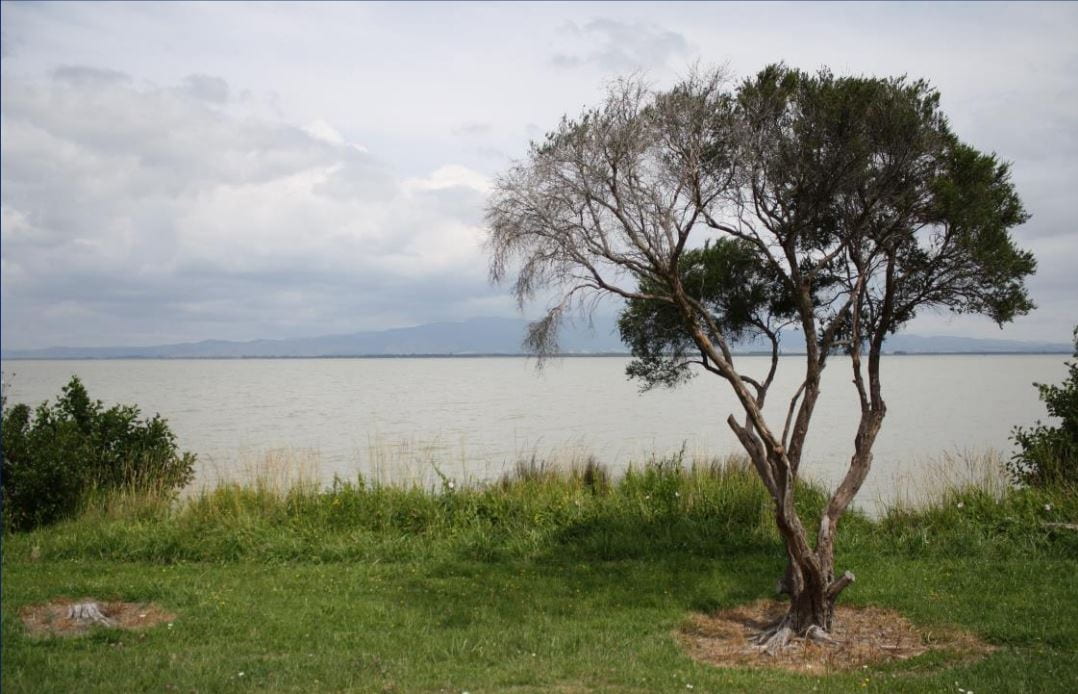
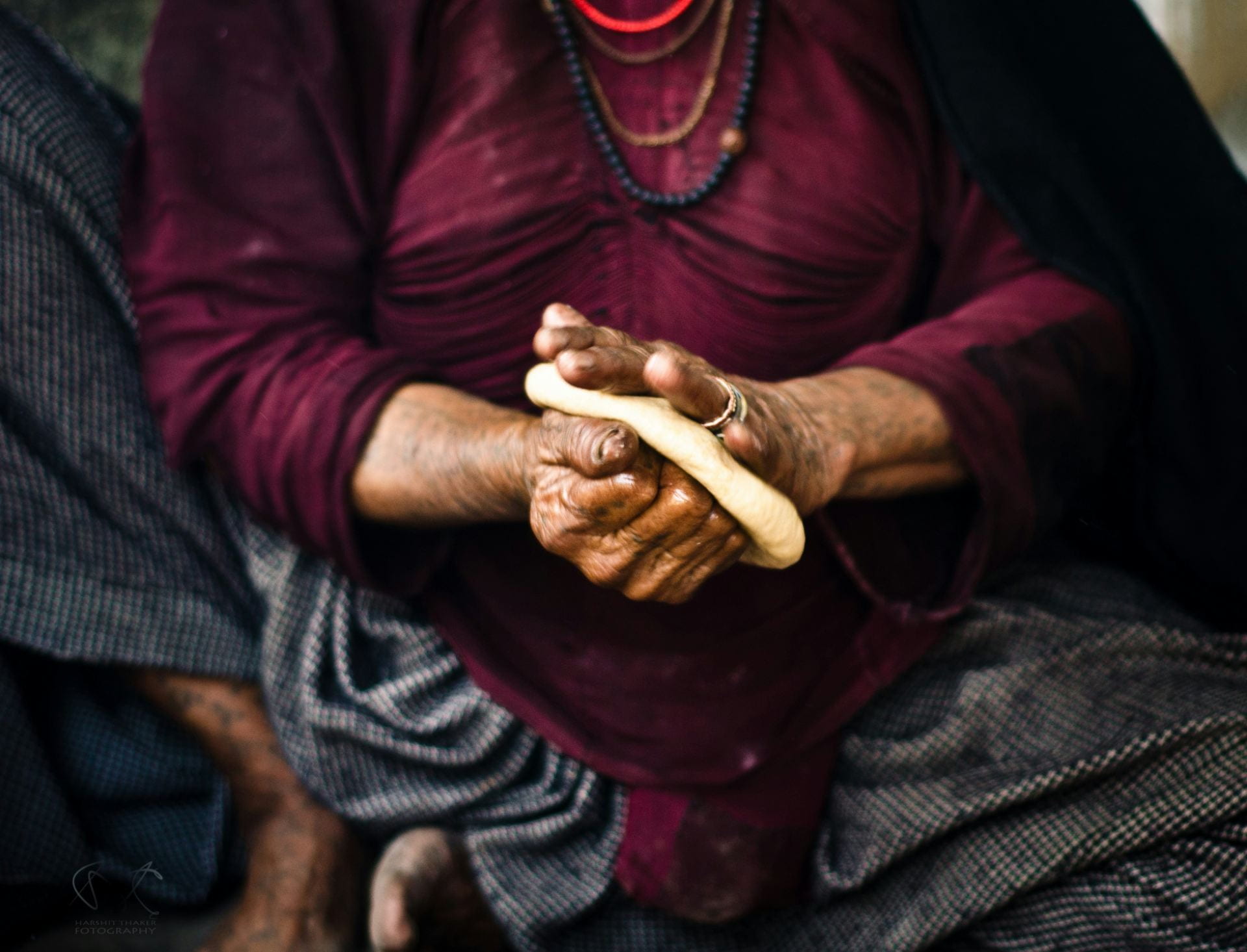
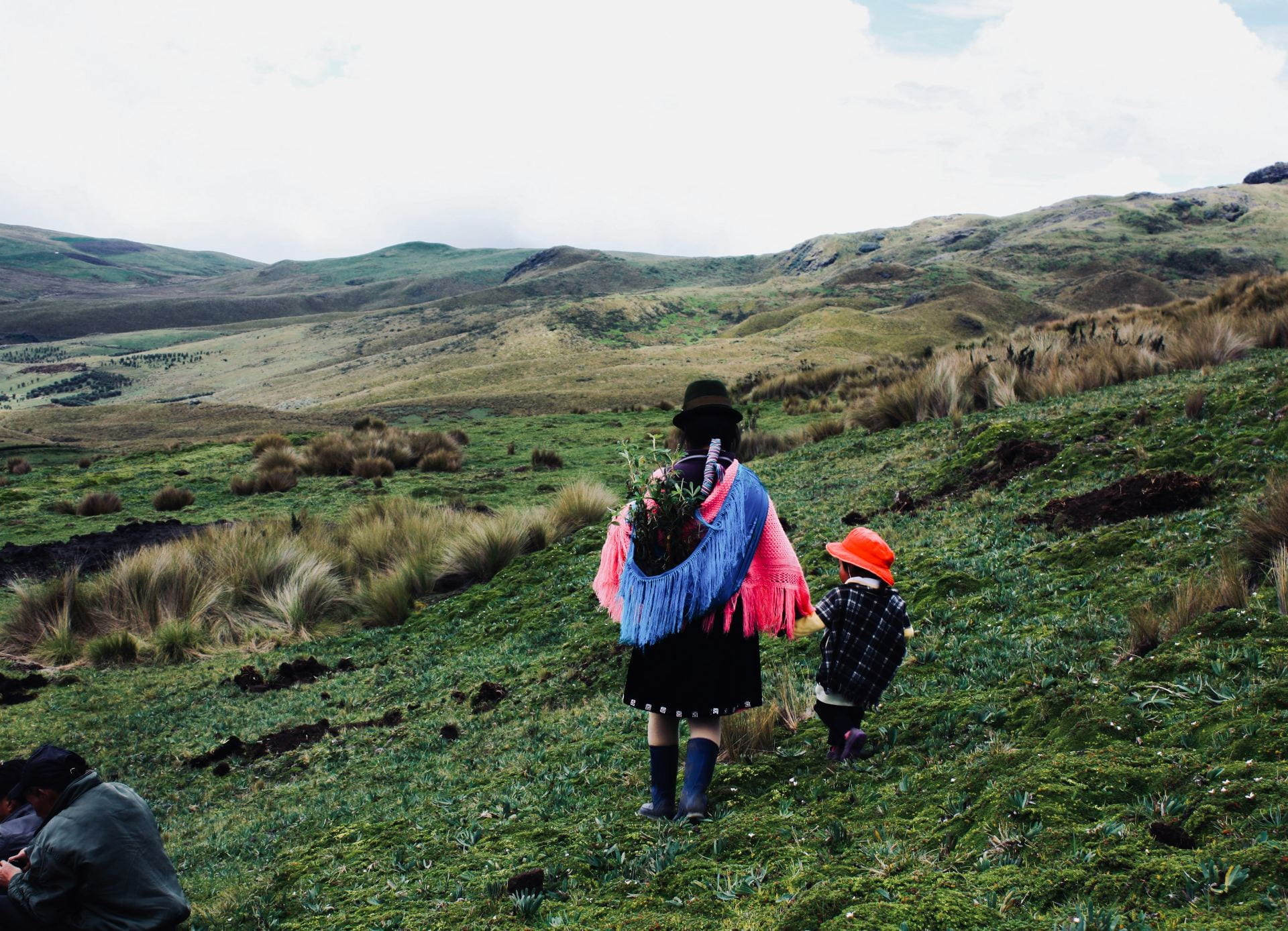
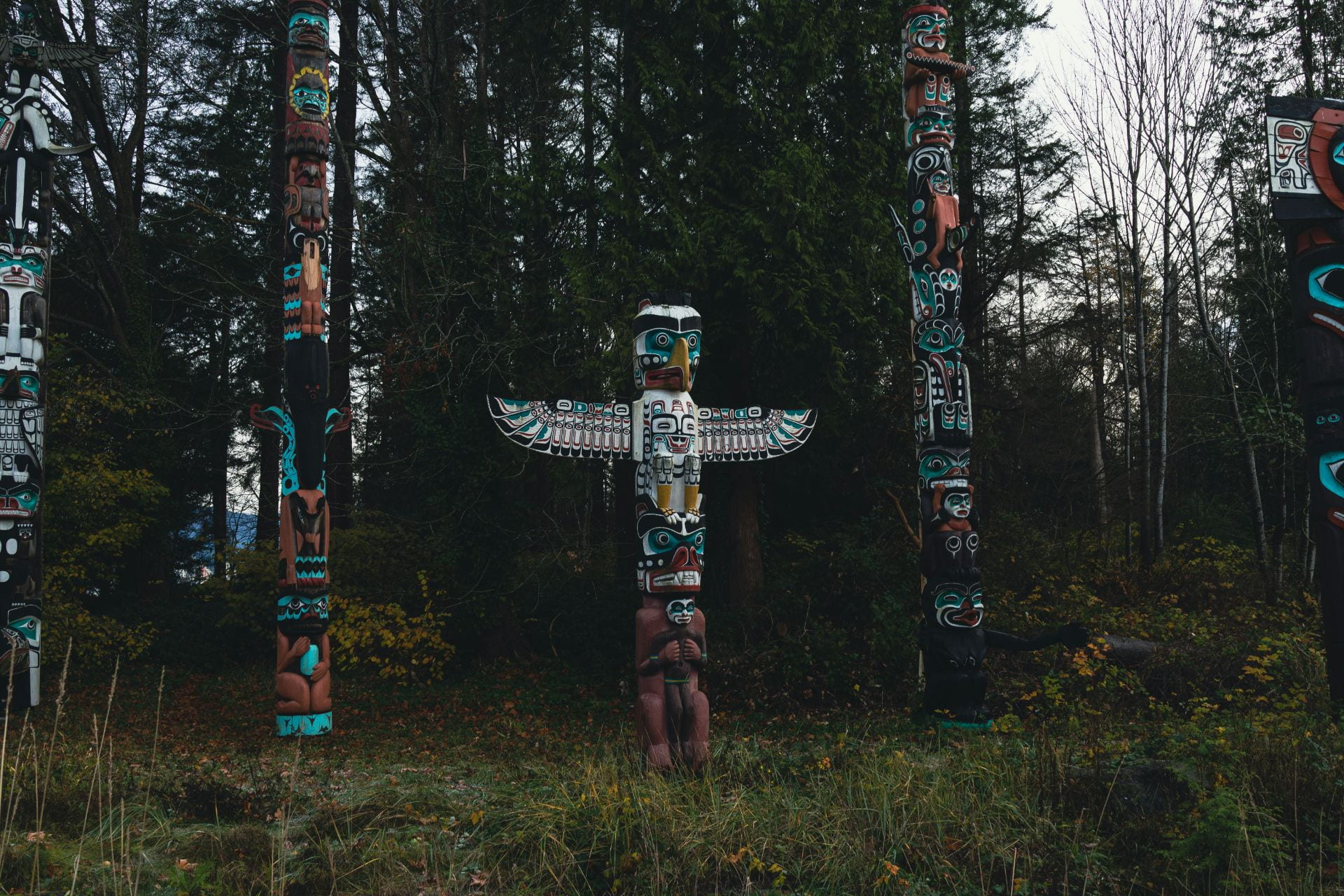
Everything is Waiting For You: Rethinking Project-Based Learning From the Perspectives of Indigenous Knowledge, Poetry, and Digital Storytelling
Michael B. Elmes, Professor of Organization Studies, Director of the Wellington (NZ) project center
2019-2020
Project Summary
Below are several thoughts that we, as non-indigenous people want to keep in mind as we engage with people from the indigenous world and with their knowledge:
- It is hard for me to imagine that non-indigenous people can ever really know indigenous knowledge. We may think we can know, and we may even understand some of the key concepts. But it strikes me that much about indigenous knowledge can only be gained culturally, ceremonially, and via the landscapes to which our body and senses must first be attuned. That is not to say that nothing can be learned. But knowing something intellectually is a far cry from knowing it in a deeper, embodied way. And everything I have learned so far suggests that indigenous knowledge is a more nuanced, intuitive approach to knowing the universe, rooted in story and in thousands of years of living close to the land and observing and interacting with landscapes. Consider Maori creation stories as an example.
- Sometimes thinking that we know something can lead us to behave recklessly, disrespectfully, or noisily in how we frame problems, gather knowledge, draw conclusions and make recommendations. These are my greatest fears around trying to “teach” myself and WPI students and faculty about indigenous knowledge and working with indigenous people.
- Building on the previous point, it is important for all of us – student and faculty advisor alike – to be conscious of not misappropriating indigenous concepts or speaking on behalf of indigenous peoples. As Maria Bargh, a Maori scholar at Victoria University, has said to me, “One thing that troubles me in NZ at the moment are non-Māori who are describing themselves as ‘kaitiaki’. To me that is a Māori role and concept and includes duties that only Māori can fulfil. That’s not to say non-Māori can’t be environmental guardians and custodians of the environment – they can – but that’s different from being a Māori person with kaitiaki duties which stem from a specific type of cultural and spiritual connection to specific places.”
- As non-indigenous people, we (WPI faculty advisors, students) have to commit to doing no harm before we try to apply our understanding of indigenous knowledge to a project or choose to “help” indigenous peoples. And doing no harm means first recognizing how powerful and destructive Western science (and social science) has often been for indigenous peoples – contributing to cultural genocide, exploitation, the spread of disease, and land annexation. What I/we do related to indigenous knowledge or peoples needs to come from a place of deep reverence and respect for the knowledge that indigenous peoples have held onto and built upon for hundreds of years – often when in the grasp of overpowering, colonizing cultures. Sometimes the best help our students and faculty can provide to indigenous peoples and communities is to not be helpful – especially if we do not understand the situation fully or if the relationship is lacking in trust and respect.
- Finally, if your project involves or affects indigenous people or involves indigenous knowledge, try to learn as much as possible about the history and context of the people and their knowledge. Try to view the project from an indigenous perspective. According to Maria Bargh, doing so will “help give you a sense of indigenous worldviews – and ongoing legacies of colonization that still impact them.”
Being an Ally to Indigenous People
Jen Margaret, “Inheriting Privilege”
Alex Barnes, “Pākehā Paralysis”
Resources
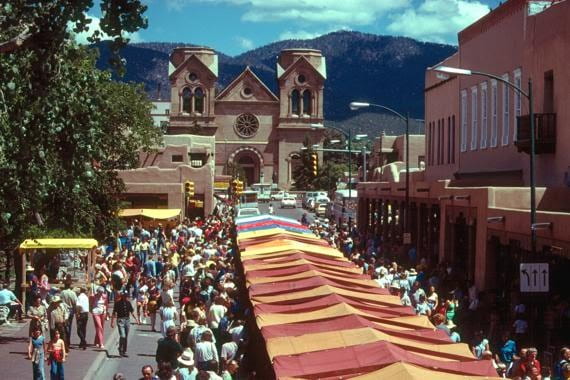
General Resources
View general resources for being an ally and working with indigenous people.

Working with Maori
View resources on working with Maori, the indigenous people from New Zealand.
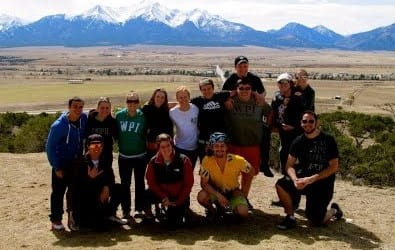
Working with Native Americans
View resources on working with Native Americans. Includes resources for the Santa Fe Project Center.
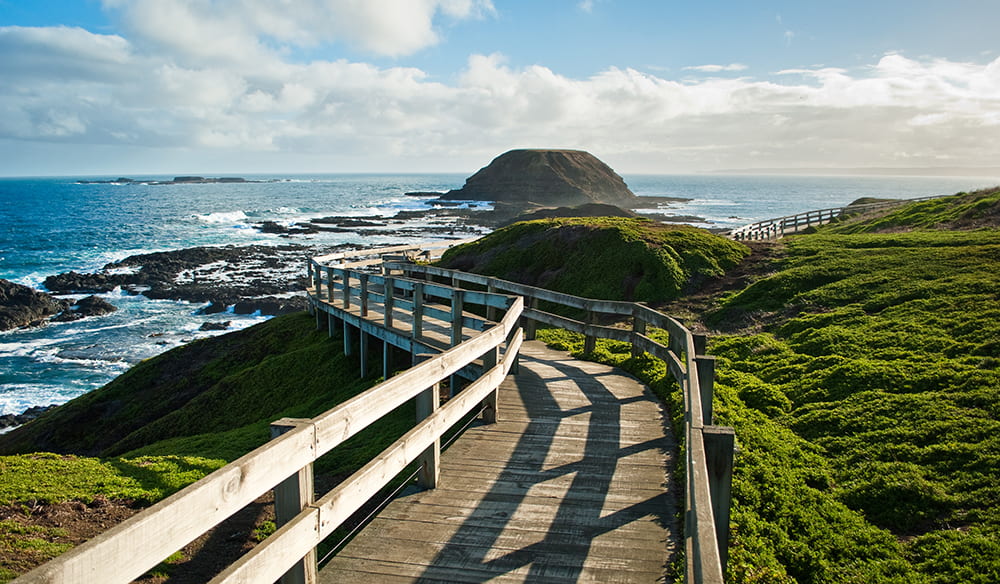
Working with Indigenous Australians
View resources on working with indigenous people from Australia.
